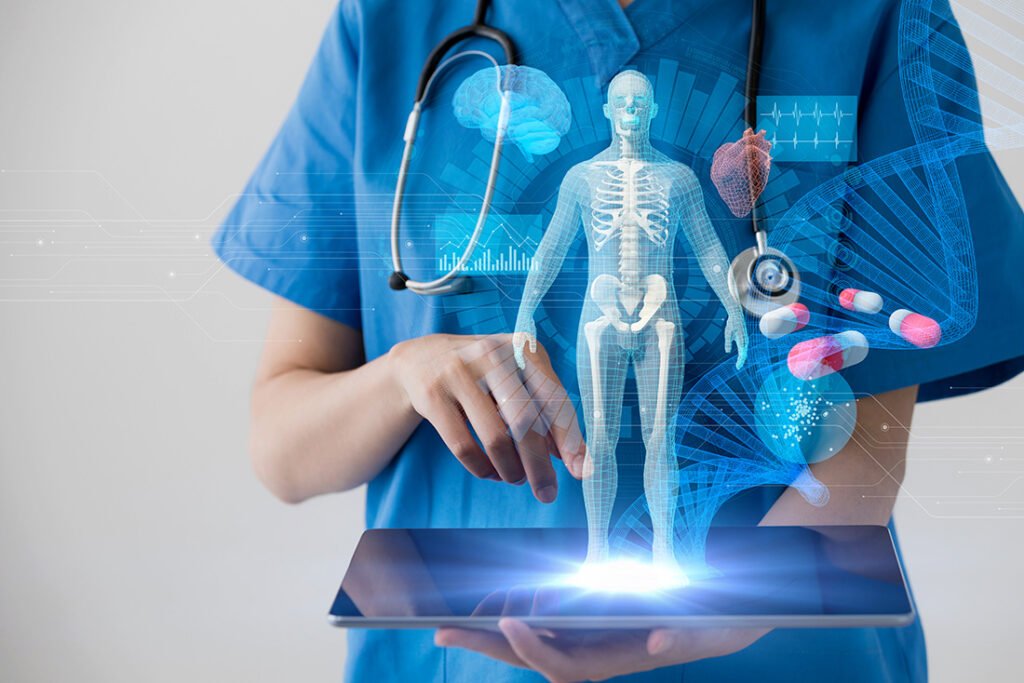The Use of Technology in Clinical Trials
– Technology is increasingly being used in clinical trials to improve efficiency and accuracy.
– One example of this is the use of electronic data capture (EDC) systems, which allow researchers to collect and manage data electronically.
– EDC systems can help to reduce errors and improve data quality, as well as speeding up the data collection process.
– Another technology that is being used in clinical trials is mobile health (mHealth) technology, which can be used to collect data from study participants remotely.
– This can be particularly useful for studies that involve large numbers of participants or that require frequent data collection.
– mHealth technology can also be used to monitor participants’ health and to deliver interventions remotely.
– Wearable devices are another example of technology that is being used in clinical trials.
– These devices can be used to collect data on participants’ physical activity, sleep patterns, and other health-related metrics.
– They can also be used to monitor participants’ adherence to study protocols and to provide feedback and reminders.
– Overall, the use of technology in clinical trials has the potential to improve the quality and efficiency of research, while also making it more accessible to participants.
Electronic Data Capture (EDC) Systems
– EDC systems are computerized systems that are used to collect and manage data in clinical trials.
– They can be used to enter data directly into a database, which can help to reduce errors and improve data quality.
– EDC systems can also be used to monitor the progress of a study and to generate reports on study data.
– They are often used in clinical trials that involve large numbers of participants or that require frequent data collection.
– EDC systems can be used to collect a wide range of data, including demographic data, medical history, laboratory results, and adverse events.
– They can also be used to manage the informed consent process and to track study drug inventory.
Mobile Health (mHealth) Technology
– mHealth technology refers to the use of mobile devices, such as smartphones and tablets, to collect data from study participants.
– This can be particularly useful for studies that involve large numbers of participants or that require frequent data collection.
– mHealth technology can also be used to monitor participants’ health and to deliver interventions remotely.
– Examples of mHealth technologies include mobile apps, text messaging, and phone calls.
– mHealth technology can be used to collect a wide range of data, including patient-reported outcomes, physical activity, and medication adherence.
– It can also be used to deliver interventions, such as reminders to take medication or to attend study visits.
Wearable Devices
– Wearable devices are electronic devices that can be worn on the body, such as fitness trackers or smartwatches.
– They can be used to collect data on participants’ physical activity, sleep patterns, and other health-related metrics.
– Wearable devices can also be used to monitor participants’ adherence to study protocols and to provide feedback and reminders.
– They can be particularly useful for studies that involve physical activity or that require frequent monitoring of health-related metrics.
– Wearable devices can also be used to monitor participants’ safety, such as by detecting falls or other adverse events.
– However, they can be expensive and may not be suitable for all participants.
